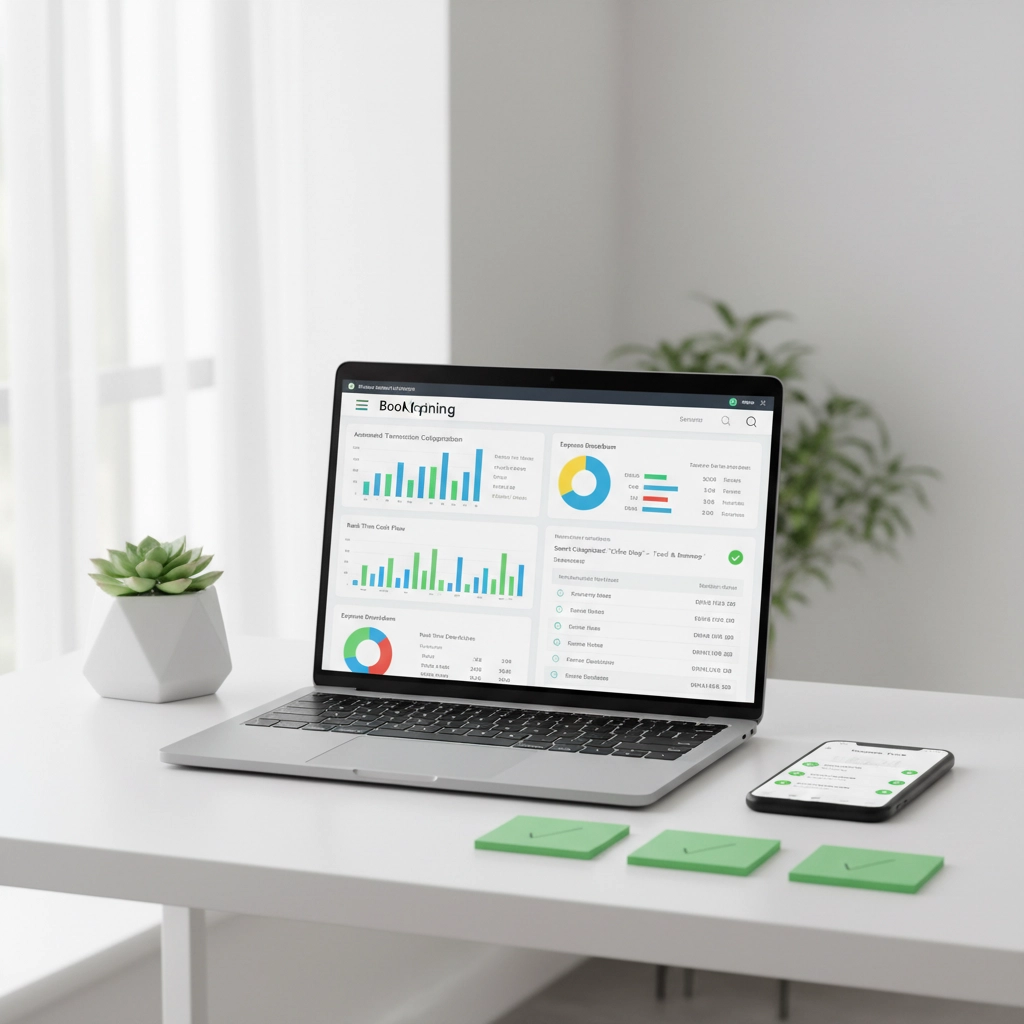DIY vs Professional vs Automated Bookkeeping: Which Is Better For Your Small Business?

DIY Bookkeeping: Rolling Up Your Sleeves
The Good Stuff:
The Not-So-Good Stuff:

Professional Bookkeeping: Bringing in the Experts
The Good Stuff:
The Not-So-Good Stuff:

Types of Professional Help:
Automated Bookkeeping Software: The Middle Ground
The Good Stuff:
The Not-So-Good Stuff:

Popular Options:
QuickBooks:The industry standard with robust features
FreshBooks:Great for service-based businesses
Google Sheets-based solutions:Customizable and often more affordable
Which Path Should You Choose?
Pick Automated Software ifyou want to balance cost and accuracy, have moderate transaction volume, you're willing to learn some bookkeeping basics, or you're growing but not ready for professional fees yet.
